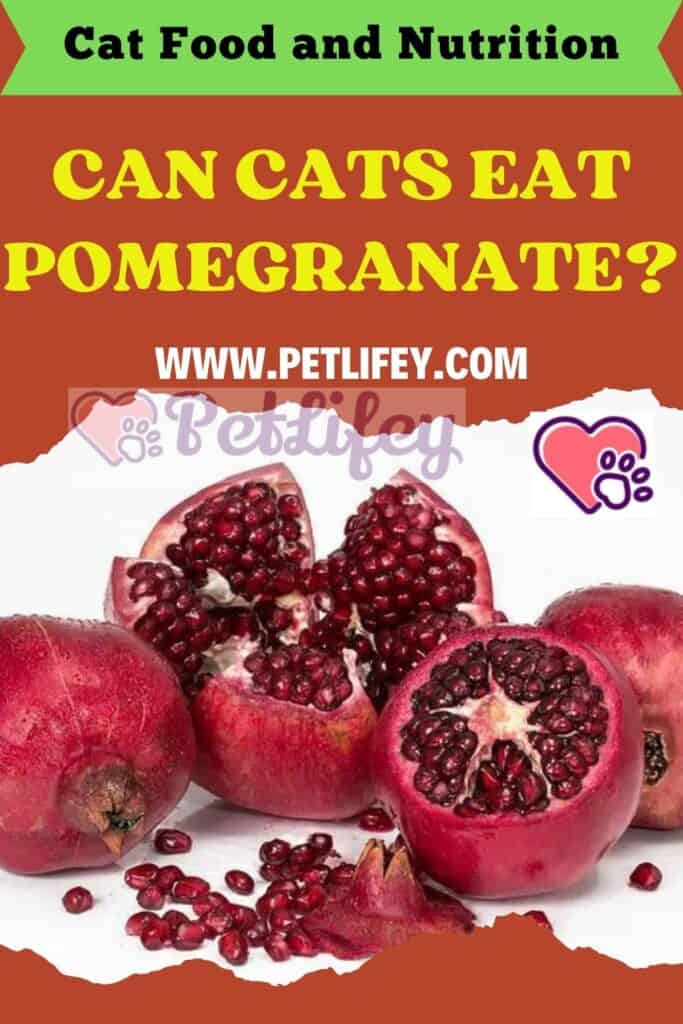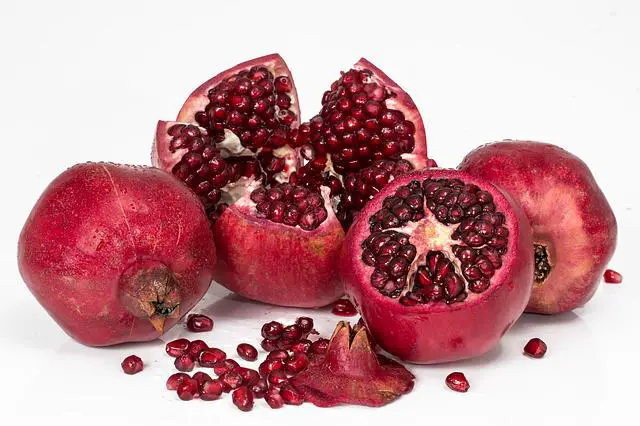
Can cats eat pomegranate? Let’s find out if the cat can eat this fruit of the autumn season.
There are many fruits that the autumn season is able to offer; not only dried fruit, but also other foods such as persimmons and pomegranates. We often share the fruit we eat with our cat, but we don’t always know if he can actually eat it. Let’s find out if the cat can eat pomegranate.
The cat’s diet
The cat, as we know, is an obligate carnivore; he cannot do without meat, which must be the highlight of his diet. In truth, there is little room left for other foods: only 10% of the feline’s menu can include foods other than meat.
Fish is the main alternative, but eggs and cereals are fine too. The discourse with regard to fruit is more complex. The cat, in nature, does without it completely. The situation is different for the domestic cat: while maintaining the same nutritional needs as the wild one, the house cat, thanks to contact with humans, eats fruit quite regularly.
However, there are not many foods that the feline can eat: the list of fruits forbidden to cats is quite long.
Can cats eat pomegranate?
Pomegranate is a typical autumn fruit, rich in beneficial properties: above all the massive presence of antioxidants, essential for cancer prevention. It is also a fruit that, in the face of a not very significant caloric intake, is able to donate various vitamins to the body, above all C.
But are these beneficial properties also valid for the little cat of the house? The answer is yes: the cat can eat pomegranate. The cat also benefits greatly from the presence of anticancer agents in the fruit, as well as from the vitamins it is able to absorb.
How to serve the pomegranate to the cat

However, it is not enough to say that the cat can eat pomegranate; some clarifications are needed in this regard:
- Small quantities: as always, the key word when it comes to cat nutrition, and even more so when it comes to fruit, is moderation. The cat can eat pomegranate, as long as it is small quantities;
- Outside meals: it is always good to serve the pomegranate (and in general all the fruit) to the feline outside of meals; the importance of the snack for the cat is also contained in this need;
- Always fresh fruit: the cat prefers always fresh food. On the other hand, in nature, the feline eats several meals a day, hunting small prey; for this reason he refuses foods not of the day. This is all the more true for fruit, which is not part of its natural menu. Always serve fresh pomegranate to the cat;
- Seedless: There are many seeds of fruit that are poisonous to the feline, but this is not the case with pomegranate. In any case it is better to remove the seeds, to avoid the danger that the cat suffocates;
- Caution: if this is the first time you feed the pomegranate to the cat, act with caution. Your cat may also be allergic to the fall fruit. Give the feline a small piece of pomegranate and observe his reaction. If it does not present any problems, the fruit can become part of the cat’s diet occasionally and during the autumn season.






